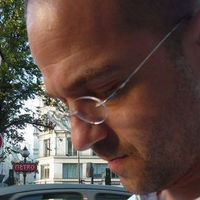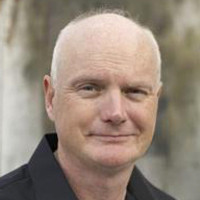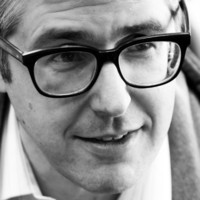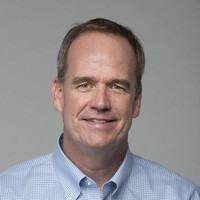
A Major-League Divorce
How Frank and Jamie McCourt bought the Dodgers for “for less than the price of an oceanfront home in Southampton” and eventually became entangled in one of the most expensive divorces in California history, which laid bare their finances and confirmed what many already knew: they had bankrupted one of the most storied franchises in baseball.
In all, the McCourts reportedly took $108 million out of the team in personal distributions over five years—a sum that Molly Knight, a reporter with ESPN who has extensively covered the story, notes is eerily similar to the cash payment that she says Frank McCourt has claimed he made for the team.




















